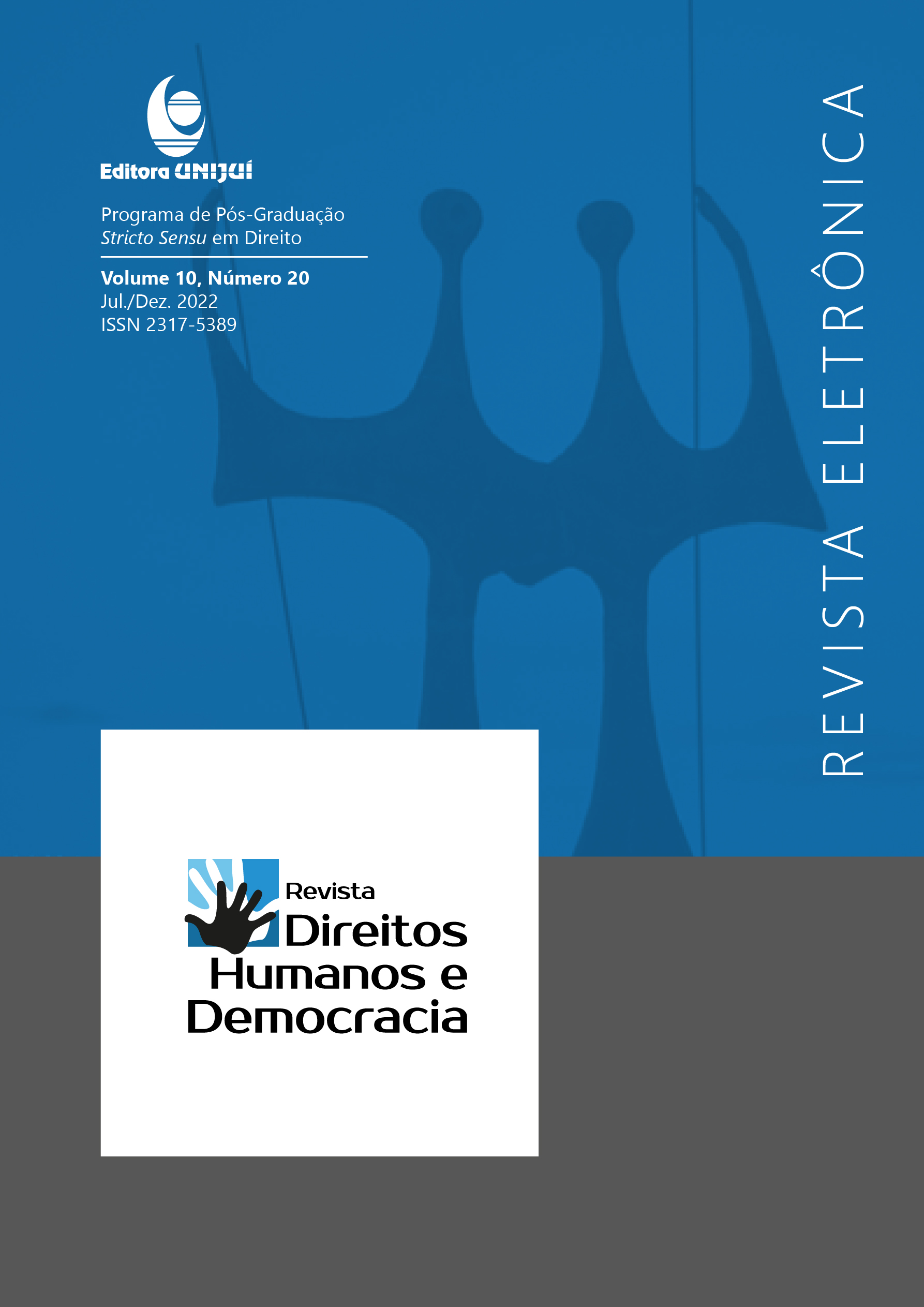A limitação da legitimidade ativa nas ações de improbidade administrativa e o retrocesso da lei nº 14.230/2021: uma análise a partir do modelo constitucional de processo coletivo
DOI:
https://doi.org/10.21527/2317-5389.2022.20.13537Palavras-chave:
Improbidade Administrativa, Legitimidade ativa, Processo ColetivoResumo
O exercício de atividades públicas exige do agente uma atuação própria e específica de honestidade, transparência e consecução de finalidades que assegurem os interesses da sociedade, sendo incompatível com práticas que atendam aos objetivos pessoais do gestor. Para a garantia de uma boa administração, a Lei de Improbidade Administrativa (Lei nº 8.439/1992) estabeleceu regras de proteção aos direitos e interesses difusos consubstanciados na probidade administrativa e no patrimônio público. A recente alteração dessa legislação, por meio da Lei nº 14.230/2021, tem direcionado os holofotes das discussões doutrinárias e, de forma ainda preambular, da jurisprudência para as mudanças legislativas por ela instituídas. Uma dessas modificações refere-se à restrição da legitimidade ativa das ações de improbidade administrativa, que passou a ser exclusiva do Ministério Público. A partir de uma pesquisa bibliográfica, fundada no método crítico-discursivo, o presente artigo busca analisar a (in)adequação dessa alteração legislativa ao texto constitucional bem como seus custos sociais, concluindo-se, ao final, que se trata de uma medida que, além de inconstitucional, implica verdadeiro retrocesso, com claros prejuízos à punição e ressarcimento dos danos causados pelos atos ímprobos, desvirtuando as diretrizes outrora estabelecidas pela Lei de Improbidade Administrativa de garantia de uma adequada e ética gestão pública.
Downloads
Publicado
Como Citar
Edição
Seção
Licença
Copyright (c) 2022 Revista Direitos Humanos e Democracia

Este trabalho está licenciado sob uma licença Creative Commons Attribution 4.0 International License.
Ao publicar na Revista Direitos Humanos e Democracia, os autores concordam com os seguintes termos:
Os trabalhos seguem a licença Creative Commons Atribuição 4.0 Internacional (CC BY 4.0), que permite:
Compartilhar — copiar e redistribuir o material em qualquer meio ou formato;
Adaptar — remixar, transformar e criar a partir do material para qualquer fim, inclusive comercial.
Essas permissões são irrevogáveis, desde que respeitados os seguintes termos:
Atribuição — os autores devem ser devidamente creditados, com link para a licença e indicação de eventuais alterações realizadas.
Sem restrições adicionais — não podem ser aplicadas condições legais ou tecnológicas que restrinjam o uso permitido pela licença.
Avisos:
A licença não se aplica a elementos em domínio público ou cobertos por exceções legais.
A licença não garante todos os direitos necessários para usos específicos (ex.: direitos de imagem, privacidade ou morais).
A revista não se responsabiliza pelas opiniões expressas nos artigos, que são de exclusiva responsabilidade dos autores. O Editor, com o apoio do Comitê Editorial, reserva-se o direito de sugerir ou solicitar modificações quando necessário.
Somente serão aceitos artigos científicos originais, com resultados de pesquisas de interesse que não tenham sido publicados nem submetidos simultaneamente a outro periódico com o mesmo objetivo.
A menção a marcas comerciais ou produtos específicos destina-se apenas à identificação, sem qualquer vínculo promocional por parte dos autores ou da revista.
Contrato de Licença: Os autores mantém os direitos autorais sobre seu artigo, e concedem a Revista Direitos Humanos e Democracia o direito de primeira publicação.













